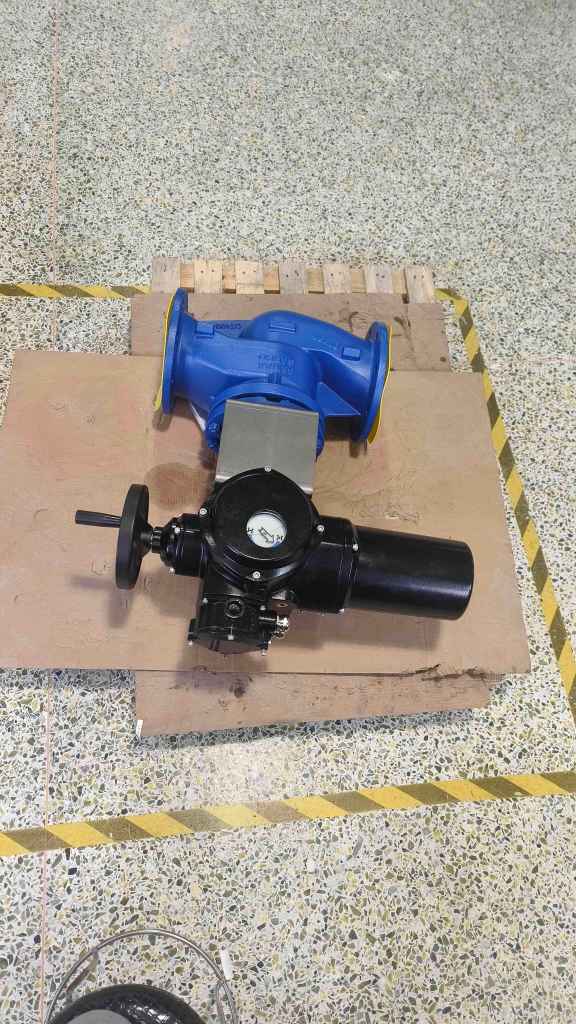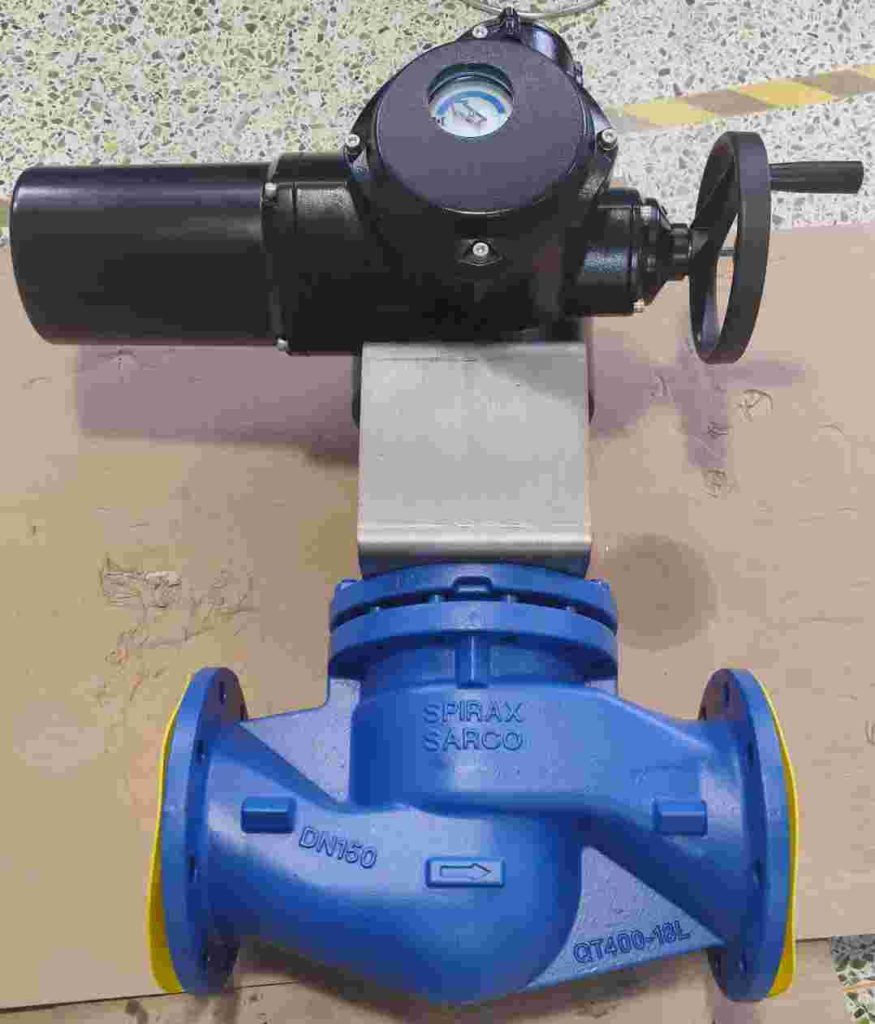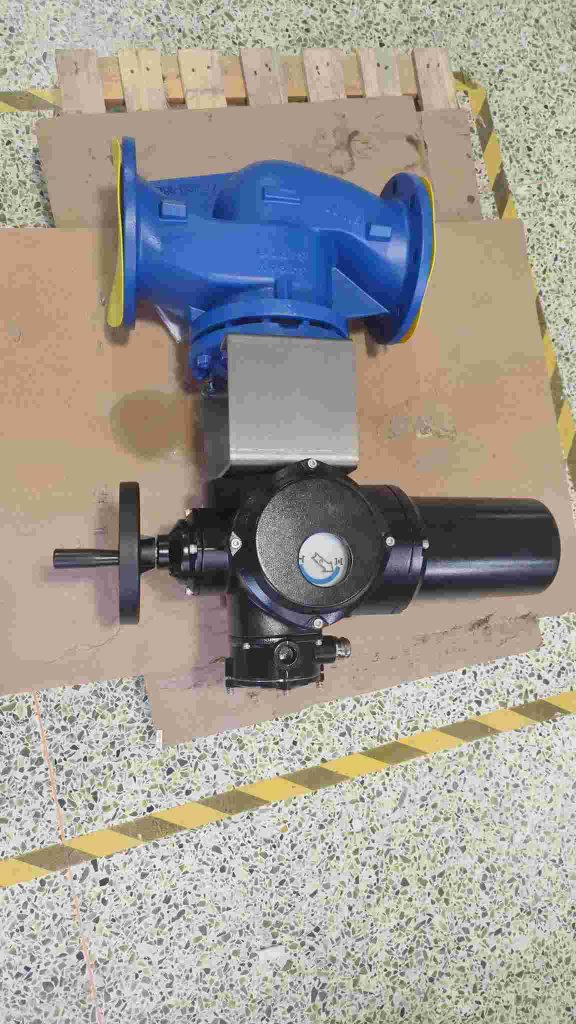An electric bellows stop valve is a type of valve commonly used in fluid and gas handling systems. It plays an essential role in controlling the flow of liquids, gases, or vapors through pipes and equipment. The valve’s construction, which features bellows for sealing, allows it to operate in situations where leak prevention, minimal friction, and efficient flow control are crucial. This article explores the components, working principles, benefits, and applications of electric bellows stop valves.

What is an Electric Bellows Stop Valve?

An electric bellows stop valve combines the functionality of a traditional stop valve with an electric actuator for automatic control. The bellows, made from materials like stainless steel or other flexible alloys, provide a seal that prevents leakage of the fluid or gas passing through the valve. This type of valve is especially useful when precise control over the flow is required, and where the prevention of external leakage is vital. The electric actuator, typically powered by a motor or solenoid, enables the valve to open or close automatically based on specific operational needs or control signals. This combination allows the valve to be incorporated into automated systems, enhancing efficiency and reducing the need for manual intervention.
